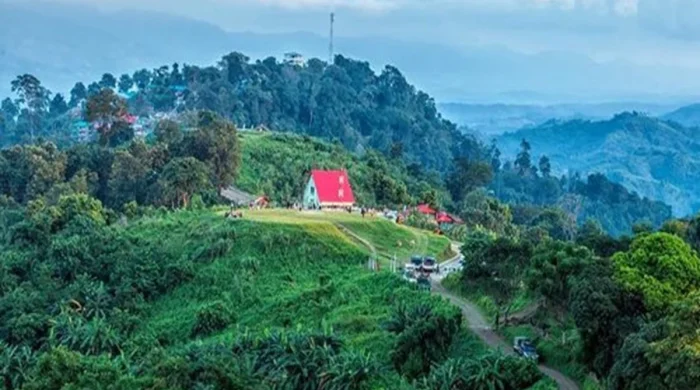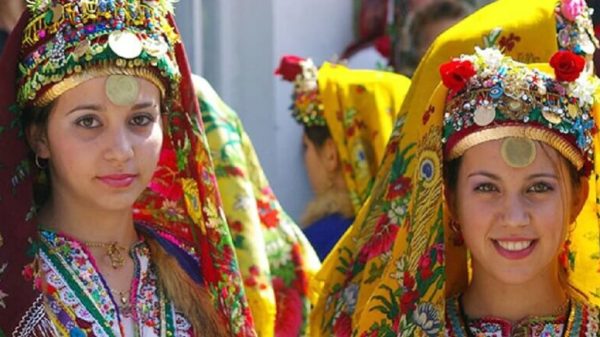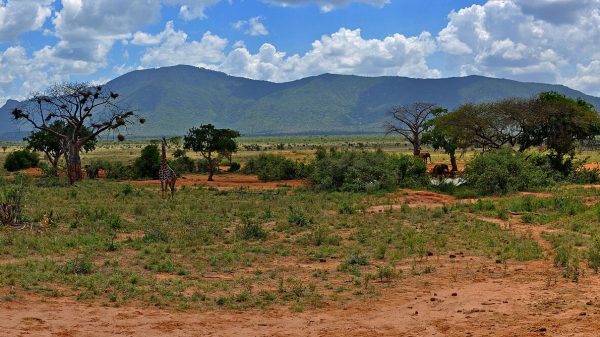Spain: How to apply for a seasonal work visa
- আপডেট সময় মঙ্গলবার, ৮ আগস্ট, ২০২৩

Seasonal work can take different forms in different countries, but many of the seasonal work visas available in Europe are linked to the agricultural sector.
Most seasonal work visas are only available for a certain period in the year, perhaps to cover the harvest, or to cover food processing for a specific period — like Christmas time in the poultry sector, for example.
Generally, a seasonal visa doesn’t allow applicants to work in other jobs at the same time or before or after their period in the country. They also typically require visa holders to arrive in Europe shortly before the job is due to start and leave shortly after it ends.
Although you probably won’t be able to work a second job during your stay, some countries allow applicants to study or undertake training programs alongside their work. Make sure you check the specifics of your visa and country before you apply for a course.
For Spain, here are the most important things for seasonal work visa applicants to know.
At a glance
- If you have a normal work contract in Spain, your visa will initially be issued for 90 days. Once you are in Spain, you have to register with the country’s Social Security system before starting work.
- You must also apply for a Foreigner Identity Card (TIE) at the Foreign Nationals’ Office or the corresponding police station within one month of your registration with the social security system.
- If your contract is for seasonal work, you will be issued a visa for the entire period of the contract. You will not need to apply for a TIE on arrival. Seasonal work is defined as a maximum of nine months work every 12 months.
- Your seasonal work visa will normally be tied to a specific type of work and geographical area within Spain.
- You need to prove that you did not arrive in Spain without papers.
- If you have been voluntarily returned from Spain to your home country in the past, you need to prove that the commitment period of no return to Spain has now elapsed before you will be readmitted to the country.
- Spain only allows for the recruitment of seasonal workers when the national employment situation allows for the recruitment of foreign workers.
- Anyone arriving to do seasonal work will need to show that their employer can provide them with continuous employment throughout the period of their visa duration.
- The employer needs to prove that they have sufficient money in their business to meet all the obligations to their workers.
- Agriculture makes up the bulk of seasonal work available in Spain. However, the Ministry of Work and Social Welfare also allows seasonal work visas to be issued for migrant workers to work as assembly workers in industrial and electrical plants.
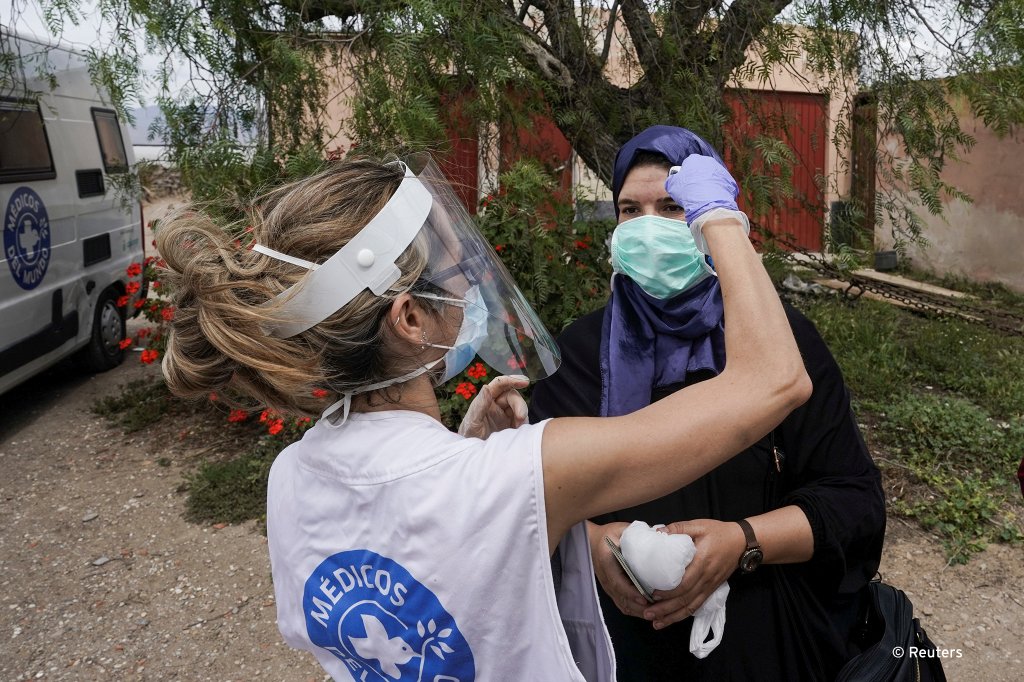
How seasonal work is announced
- The Spanish government has a series of what it calls “Circular Migration” projects and agreements with certain countries to bring in temporary and seasonal workers. These are known by the acronym “TCLM”.
- Countries include Morocco, Senegal, Guatemala, Honduras, Ecuador and Colombia. The TCLM projects tend to be ongoing once they are announced and quotas are updated each year. For instance in 2023, an extension to the TCLM was announced in March ahead of the harvest season that tends to start in April.
- Check out the Foreign Ministry and the Migration Ministry websites for more details.
How many permits are usually issued?
- This depends on the country and the year. For instance in March 2023, the Spanish government announced that it would be extending its TCLM for agriculture to Senegal, announcing plans to bring in at least 100 Senegalese workers for the harvest season, reported the news agency Reuters.
- In previous years, the TCLM with Morocco has furnished agriculture with at least 15,000 Moroccan workers per year.
- 2023 saw 415 worker visas for Honduras and 102 from Ecuador issued to pick berries. Workers are due to stay about five months, reported Reuters.
- Selection for participants on the scheme are normally dealt with by Spanish authorities in conjunction with the countries participating. Certain criteria are often issued to ensure that those selected return home at the end of the job. For instance, for those on the Moroccan scheme, women with children used to be favored, so that they would return at the end of the harvest.
Where to look for a job
- Spain’s national employment service is called SEPE
- Here is an article about finding temporary work in Spain.
- The main employment agencies that also list seasonal and temporary work are as follows:
- Addeco
- Randstad
- Manpower
- Glassdoor
- Flexiplan
- Grupo Norte
- Synergie ETT
- Ananda ETT
- Nortempo
- Iman Temporing
- Agio Global
Requirements
- A work and residence permit or a work and a residence visa
- Accommodation provided by the employer
- You or your employer will need to cover your travel costs in and out of the country.
- You promise to return to your country of origin when the contract is finished.
- You will need to prove that you have sufficient financial resources to cover your own maintenance and accommodation.
- You need a visa if you are a non-EU citizen going to stay in Spain for longer than 90 days in any 180-day period. If you are working and even staying fewer than 90 days you will still need a work visa.
- The form can be completed in English or Spanish.
- You will need a photograph, like a passport photo taken against a white background, facing forward wearing no dark or reflective glasses or garments concealing the face.
- A valid unexpired passport with biometric data. The passport needs to be valid for at least one year and contain at least two blank pages.
- You will need your authorization of residence and work, original and a photocopy. You must submit your visa application within one month from the notification to the employer of the authorization grant.
- Original work contract stamped by the Foreign Nationals office plus a photocopy
- Criminal record check certificate. This cannot be older than six months and must be issued by your country of residence for the past five years. You will need to legalize these certificates via the consular representations of the issuing country. A sworn translation in Spanish is also required.
- Medical certificate, issued by a registered medical practitioner, no later than one month prior to the date of the application. The certificate must attest that the applicant does not suffer from any disease that could cause serious repercussions for public health. You will need to provide the original version and a copy.
- You must pay a visa fee.
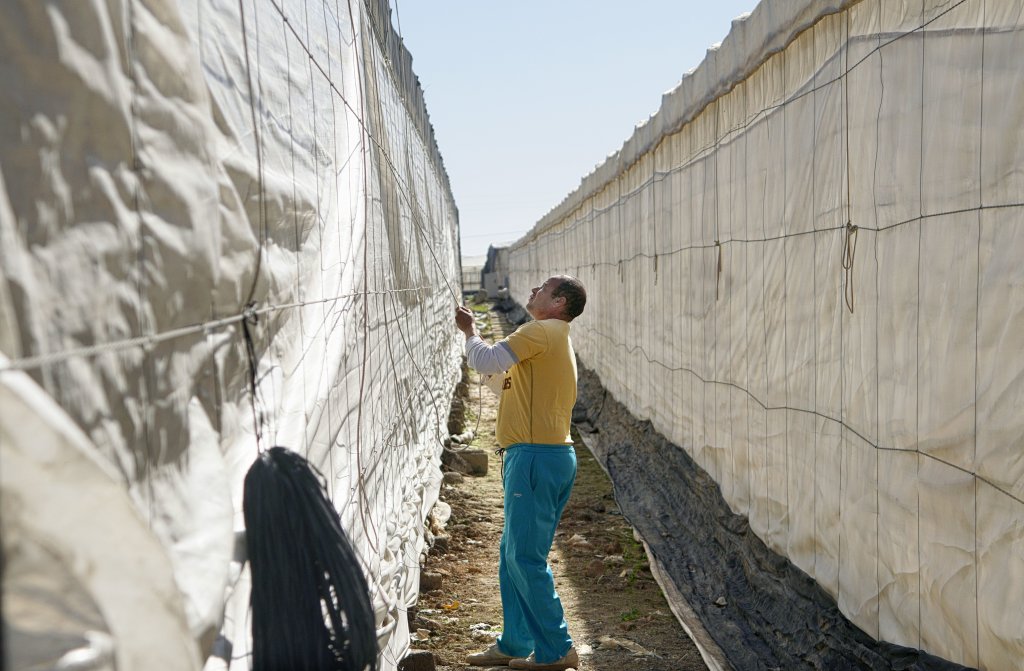
How to apply
- Before you apply for your work and residence visa, your future employer needs to obtain a work permit from the Provincial Aliens Affairs Office or from any official department of labor office in Spain.
- If you want to renew your residence and employment permits, you need to fill out the official forms 60 days prior to the expiration of your current visa.
- You should apply for your work and residence visa via your local Spanish consulate or embassy in your home country or country of residence.
Unions and services
- Spain’s Interior Ministry has a series of services and information on its web page, including links to anyone who has been trafficked and a list of organizations where you can turn for help.
- These include the medical humanitarian charity Doctors of the World Médicos del Mundo, as well as the Red Cross Cruz Roja and the Catholic charity Caritas Espanola.
- Spain’s employment agency has information explaining your rights, especially for workers in the agro-food sector of the economy.
Major trade unions in Spain
- CCOO (Comisiones Obreras – Confederation of Workers’ Commissions)
- UGT (Unión General de Trabajadores – General Workers Federation) They have a special page concerning migration and also help if you have been a victim of trafficking or ill-treatment in the workplace. Telephone: 915 897 100.
- USO (Unión Sindical Obrera – Workers’ Trade Union Confederation)

Know your rights
- Your employer needs to make sure that they have registered you and provided you with a certificate.
- They are obliged to pay all relevant social security system contributions for you and ensure that your tax and social security obligations are fulfilled.
- Even seasonal workers should be given training where appropriate and it is the employer’s duty to make sure that any professional qualifications needed are fulfilled when legally required to exercise the profession being carried out.
- The European Labour Authority ELA — called the Autoridad Laboral Europea in Spanish — runs campaigns about protecting your rights. One 2021 campaign was entitled Derechos para todas las estaciones (rights for all seasons).
- In August 2022, Spain adapted its immigration laws to include migrant workers in the labor market.
- The country offers a permit for training to allow migrants who have been in Spain for two years and want to train in a profession where Spain needs labor. Occupational training would then be offered by SEPE.
- This law also allows foreign students in Spain to work as long as they don’t exceed 30 hours a week. Once they finish their studies, they can now attempt to join the labor market without restrictions.






